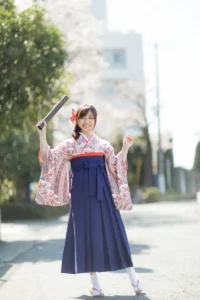In recent years, Japan’s corporate environment has begun to change—slowly but surely. What used to be known for long hours and strict office rules is now transforming into a more flexible and performance-based system. These changes are especially good news for foreign professionals considering a career in Japan.
A Shift from Long Hours to Performance-Based Work
Japan once had a reputation for valuing long working hours above all. However, high-profile tragedies like the 2015 Dentsu overwork case led to serious discussions about work-life balance. Many companies now prioritize results over hours worked, giving employees more freedom to manage their time. This shift benefits not only locals but also foreign workers who value efficiency and outcome-driven workplaces.
Remote Work Makes Living Abroad More Flexible
Another big change is the rise of remote work. In the past, it was normal to spend two hours commuting each way in major cities like Tokyo. Today, many companies allow remote work, letting employees work from home—and in some cases, even temporarily from abroad.
This development has opened the door for foreign workers in Japan to spend limited periods in their home countries while continuing their jobs remotely. Although it doesn’t mean one can permanently live overseas while working for a Japanese company, the system offers far more flexibility than before. This is a significant improvement compared to the past, when Japan’s short vacation periods (typically 5–10 days during Golden Week, New Year’s, and summer) made extended stays abroad nearly impossible.
Personal Reflection: More Free Time, More Responsibility
Personally, I think it’s a positive shift that Japan is moving away from overwork culture. In the past, some achievements were built on the sacrifice of long hours. There used to be only one path for those who wanted to succeed—work extremely hard, often at the cost of personal time.
Now, however, companies are offering more flexible work styles, creating space for individuals to balance work with personal priorities. For many foreign professionals working in Japan, this shift is especially welcome. It’s an encouraging trend for those who place high value on time outside of work—whether it’s for family, hobbies, or personal development.
We now have more free time, and it’s up to us how to use it. Just wasting time on your phone or living without purpose can actually hurt you in the long run. What we do outside work is just as important as what we do on the job.

